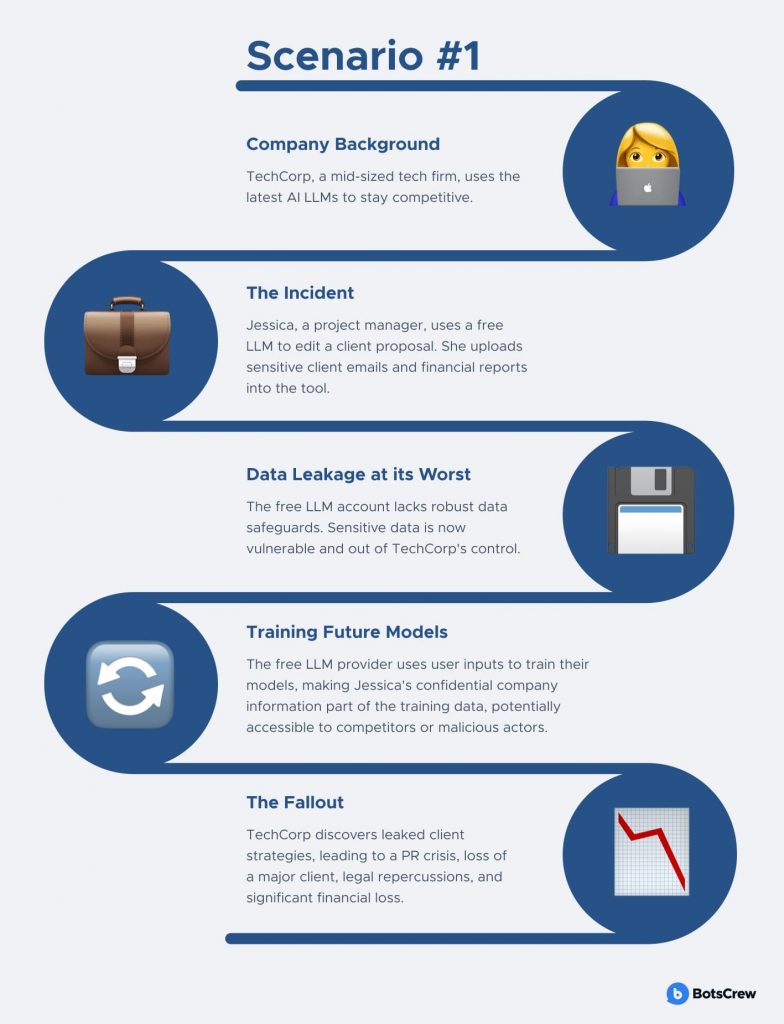OpenAI Accidentally Deletes ChatGPT Training Data Amid Publisher Lawsuit
OpenAI has recently found itself embroiled in controversy with The New York Times and the Daily News suing the AI giant and its investors. The legal battle stems from allegations that ChatGPT was trained using copyrighted content owned by the publishers. The situation took a turn when OpenAI engineers unintentionally deleted the research data utilized to train the AI models. This inadvertent move potentially eliminated crucial evidence that the lawyers at The New York Times had gathered against OpenAI.
Legal Dispute and Data Deletion
The New York Times and Daily News had previously agreed with OpenAI to access the AI platform to search for their copyrighted material within the training sets. Experts from the publishers dedicated significant time curating the data used in training ChatGPT since early November. However, OpenAI's accidental erasure of relevant data sets jeopardized the integrity of the evidence that could have supported the publishers' claims.

Kyle Wiggers from TechCrunch reported that attorneys for the publishers spent over 150 hours searching OpenAI's training data but saw their efforts go in vain when OpenAI engineers erased the collected data stored on one of the virtual machines. The incident occurred on November 14 and has raised questions about the mishandling of evidence crucial to the lawsuit.
Unforeseen Consequences
Although OpenAI managed to retrieve the deleted data, it was in a format that couldn't be used legally, rendering it unsuitable for the copyright infringement case. The fallout from this mishap remains uncertain as the publishers deliberate on their next steps and potential measures to proceed with their claims against OpenAI.

Future Implications
As the legal battle unfolds, the course of action that The New York Times and other tech giants will take against OpenAI for alleged copyright infringement is yet to be determined. The incident has shed light on the complexities surrounding the use of copyrighted material in training AI models and the need for stringent data governance to prevent such mishaps in the future.

For more details, you can refer to the letter published online. Stay tuned for further updates on this developing story as we continue to monitor the evolving legal proceedings.




















